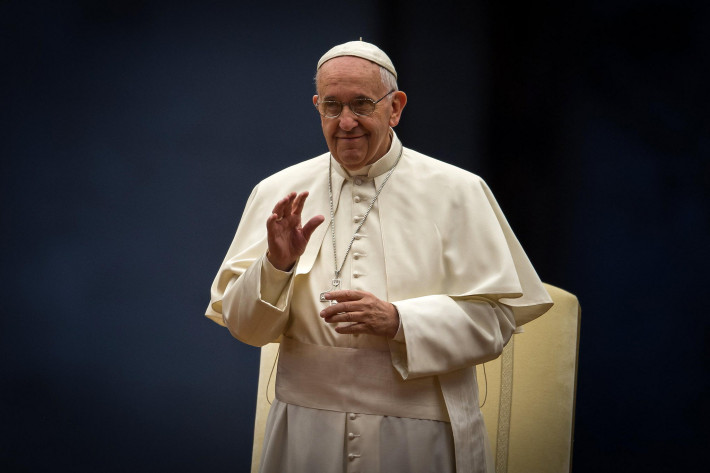China’s Overview of the Program of the Forum on China-Africa Cooperation—
Aug. 18, 2022 (EIRNS)–The FOCAC (Forum on China-Africa Cooperation) Coordinators’ meeting to follow up on FOCAC program implementation, took place Aug. 18. In anticipation of the meeting, Li Zhigang, Chargé d’ Affaires of the Chinese Embassy in South Africa, wrote an overview of these programs, which appeared in the Independent Online (IOL) Aug. 17.
One project of especial interest: “The two sides have set up a China-Africa RMB [renminbi] center to explore RMB settlement for China-Africa trade, logistics, and industrial cooperation.”
The nine broad points are presented here in brief:
The medical and health program: China has provided more than 250 million doses of COVID-19 vaccine to Africa, covering almost all African countries, and launched joint production of COVID-19 vaccine in Egypt, Algeria and Morocco. China has made constant efforts to pair up Chinese and African hospitals for cooperation, and the African CDC headquarters project (Phase I) is expected to be completed in early 2023. China has also been helping with control of malaria, schistosomiasis and AIDS.
Poverty reduction and agricultural development program: China has provided emergency food aid and other humanitarian assistance to the Horn of Africa and other regions. China has offered locust control insecticides, irrigation equipment, and technical assistance. The first four “China-Africa joint centers for modern agrotechnology exchange, demonstration and training” have been set up to train professionals in the fields of tropical crops, aquaculture, biomass energy and dry farming.
Trade promotion: From January to June this year, China-Africa trade volume registered U.S. $137.38 billion, up by 16.6% year-on-year, of which China’s exports to and imports from Africa increased by 14.7% and 19.1% respectively. China has opened “green lanes” for faster export of African agricultural products to China. As a result, products such as Rwandan stevia, South African fresh pears and soybeans, and Zimbabwean citrus have gained access to the Chinese market. China has signed agreements with Togo, Eritrea, Djibouti, Guinea, Rwanda, Mozambique, Sudan, Chad and Central Africa, among other LDCs, on expanding the scope of zero-tariff treatment to 98% for products exported to China, covering 350 kinds of African products.
Investment promotion program: From January to June this year, China’s industry-wide direct investment in Africa amounted to U.S. $1.74 billion, growing by 1.5% against all the odds. The turnover of Chinese enterprises’ contracted projects in Africa amounted to U.S. $18.32 billion, an increase of 8.4% year-on-year. The two sides have set up a China-Africa RMB center to explore RMB settlement for China-Africa trade, logistics and industrial cooperation. China has continued to provide aid in the form of grants, interest-free loans and concessional loans to help African countries achieve independent and sustainable development.
Digital innovation program: To expand Silk Road e-commerce cooperation, China and Africa have jointly made a success out of the “Quality African Products Online Shopping Festival” to market African products in China. Fifteen China-Africa science and technology cooperation projects have been initiated.
Green development program: China has completed the construction of hydroelectric power stations, photo-voltaic power stations, and water supply projects. China participates in the “Great Green Wall of Africa” initiative, and strengthens cooperation with Africa in desertification control.
Capacity-building program: China provides vocational skills training for local youths where there are Chinese enterprises in Africa, and give the graduates jobs in these enterprises. China helps African students who have completed study courses in China to find jobs in Chinese enterprises in Africa.
People-to-people exchange program: The first Conference on Dialogue Between Chinese and African Civilizations and the 11th Meeting of the China-Africa Think Tanks Forum were successfully held, contributing to the building of a China-Africa community with a shared future.
The African Film Festival project: It has introduced well-made African films and TV shows to the Chinese audience. The “2022 China Culture and Tourism Month” has served as a window for African friends to learn and understand more about China.
The peace and security program: At the second China-Africa Peace and Security Forum, the two sides agreed to maintain strategic communication, strengthen cooperation in equipment and technology, expand maritime exercises and training, and enhance exchanges in professional fields. Chinese peacekeeping troops to Africa have performed to satisfaction, and the 25th batch of Chinese peacekeeping troops sent to the Democratic Republic of Congo was awarded the United Nations “Peace Medal.”
The full text of Li Zhigang’s article is here.


















